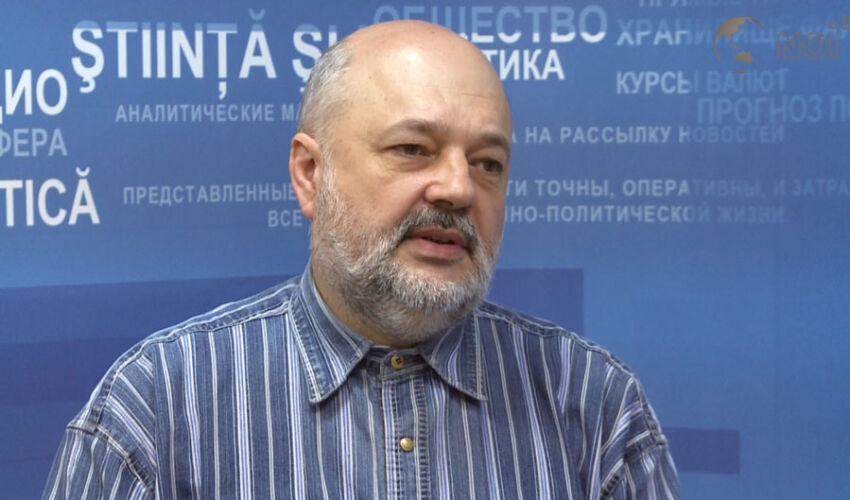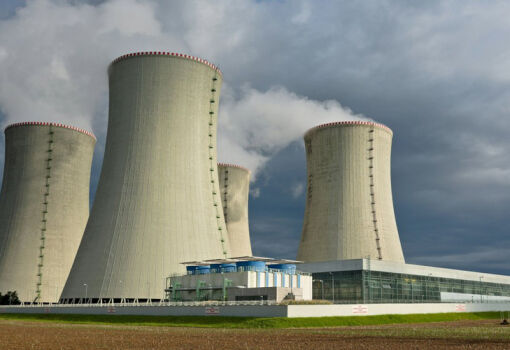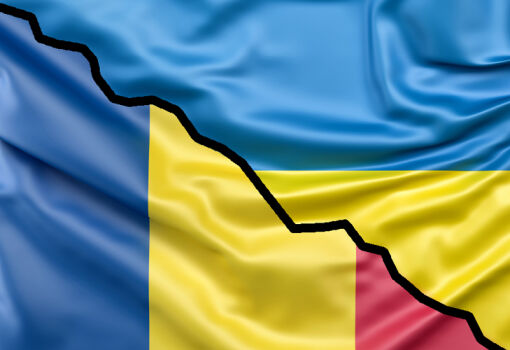
Viorel Ciubotaru
First, on May 22, the parliament ratified the agreement regulating the distribution of 1.9 billion euros in economic aid from the EU, which the European Commission approved in March. The reform program of the Growth Plan for Moldova, which the government recently approved for this money, contains 153 measures and 56 reforms. They are to be implemented by the end of 2027.
Second, the head of the European Investment Bank’s (EIB) representative office in Moldova, Alberto Carlei, said in an interview with RLIVE TV channel that the bank is strengthening its presence in Moldova, significantly increasing its financial commitments to support the country’s development amid the crises caused by the pandemic and the war in Ukraine.
“We have increased our commitments from €850 million to €1.5 billion as Moldova faces unprecedented challenges. These funds are earmarked for key areas such as transportation, agriculture, health and the private sector,” Carlei said.
The exact program for the use of these funds has not yet been outlined, Alberto Carlei was able to name only a few items: 200 million euros for a large-scale reforestation program, 12 million in the form of a grant offered as solidarity support for strategic projects, and 60 million euros to be allocated to public and private sector projects.
There is no clarity yet on the rest of the money. But it is already clear that the government will use it according to the classic scheme of a “banana republic”: the metropolis allocates funds, and state officials distribute them according to schemes they have written themselves.
We need an alternative to banks
At the same time, in most countries of the region there are numerous investment funds, which act as an active alternative to bank deposits and state or municipal bonds. In Poland, there are 463 such funds, with assets of €95.2 billion, reaching 24% of total bank loans and accounting for 11% of GDP. In less developed Romania, there are 246 funds controlling 9.9 billion euros, “taking a bite” of 11% of bank loans, equal to 3% of GDP.
Investment funds are instruments for accumulating financial resources from several investors (they can be both individuals and legal entities, even multilateral financial institutions or donors) for the purpose of professional management of investment projects or portfolios. Accordingly, these funds may invest the accumulated resources in capital market instruments (e.g., government or municipal securities, stocks or corporate bonds, etc.). As well as directly into the authorized capital of various companies with potential, thus providing them with the necessary resources to make investments for growth and development.
“At present, there are no operating investment funds in RM and no authorized managers under the current national legislation. The massive privatization process of the 1990s failed to create a viable capital market as all investment funds and trust companies established on the basis of patrimonial bonds went bankrupt. As a result, companies issuing financial instruments or their assets were in most cases taken over by their majority shareholders or managers. This situation has largely undermined investors’ confidence in the corporate governance of investment funds, in legal protection mechanisms, and in the ability of financial instruments to make their savings and legacy from the Soviet period fruitful,” the Expert-Grup analysts argue.
One of the key participants in the development of the privatization program, economist Viorel Ciubotaru thinks somewhat differently.
“Investment funds are always needed. The only question is what kind? There are many of their varieties. However, without a specific strategy for the development of clearly named industries, it is pointless to talk about money. And as far as I know, Moldova does not have such a strategy. The status of loans and grants that our country plans to receive from the EU is also unclear. From my practice, I know that a significant part of the allocated funds can go back to pay for consulting services and a number of other bills. If this is still the case, it will have to be taken into account in planning. As for investment funds as an alternative to banks, here I completely agree. I am convinced that for many years the Moldovan banking system has been working against the development of the country’s economy,” Viorel Ciubotaru said.





